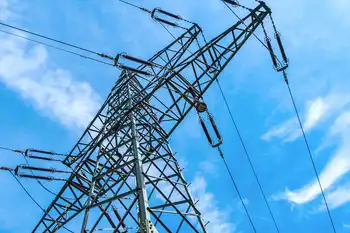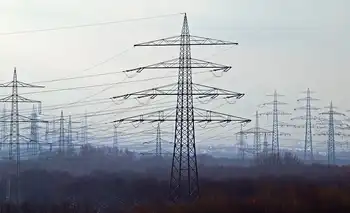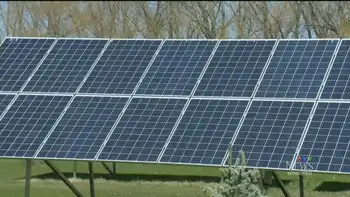Bangladeshi government implements electricity rationing to cope with power crisis
"All markets and shopping malls in the country would remain closed after 7 p.m. everyday with effective Sunday, " said the order.
The government is hoping to save around 100 megawatt of electricity through implementation of the unique "electricity rationing" system.
Presently, the country experiences power shortage of 1,000 megawatt to 1,200 megawatt, and the shortfall could exceed 2,000 megawatt in the ensuing summer.
The total supply of electricity is varying between 2,600 megawatt to 2,800 megawatt against its demand of 3,600 megawatt to 3,800 megawatt.
Against this backdrop, the government has taken up steps to lessen the electricity crisis through rationalizing its overall supply system.
Meanwhile, it is adopting both short and medium terms policies to boost the country's power generation capacity.
Related News

Putting Africa on the path to universal electricity access
LAGOS - As commodity prices soar and leaders around the world worry about energy shortages and prices of gasoline at the pump, millions of people in Africa still lack access to electricity. One-half of the people on the continent cannot turn on a fan when temperatures go up, can’t keep food cool, or simply turn the lights on. This energy access crisis must be addressed urgently.
In West and Central Africa, only three countries are on track to give every one of their people access to electricity by 2030. At this slow pace, 263 million people in the region will be…





